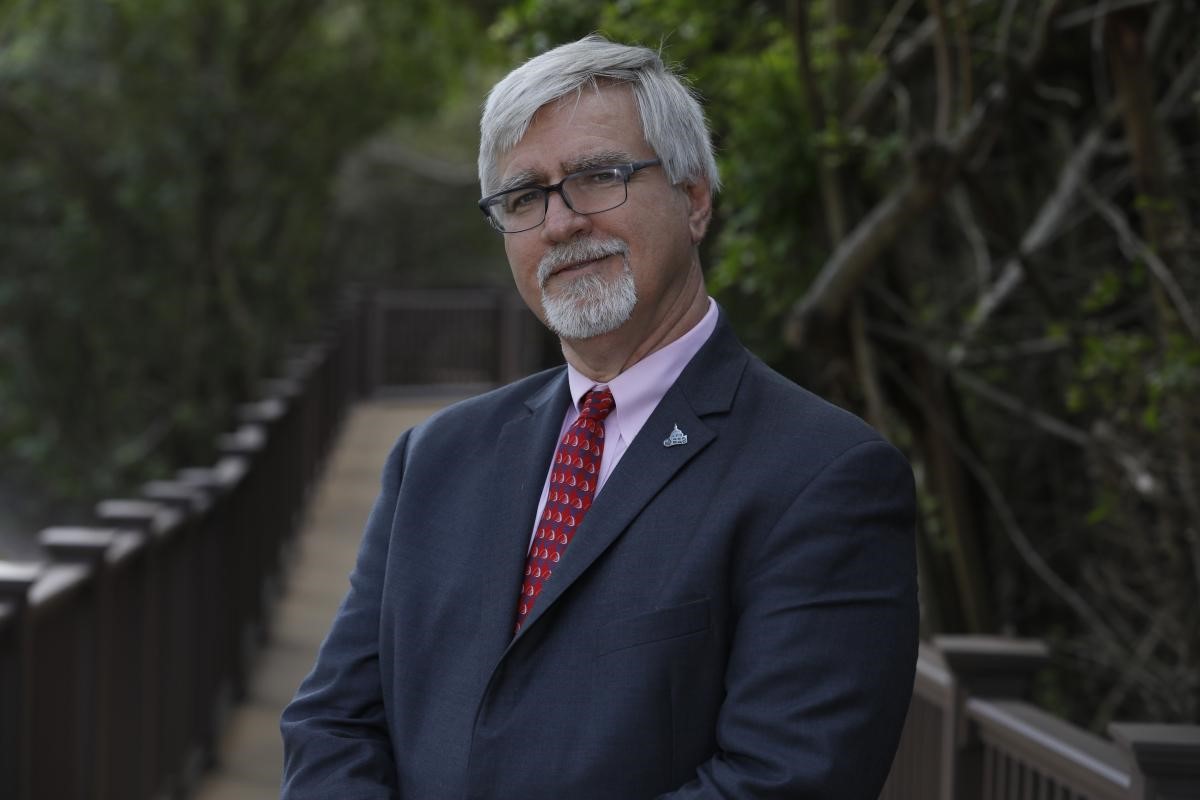 A year ago today [March 16] was the last time I was in our office with it full of colleagues. Like many of you, we came in, packed up, and headed home—prepared to work from there for a couple of weeks, perhaps a month.
A year ago today [March 16] was the last time I was in our office with it full of colleagues. Like many of you, we came in, packed up, and headed home—prepared to work from there for a couple of weeks, perhaps a month.
Of course, that didn’t turn out to be the case.
And yet—as an industry, indeed, as a nation—with very little warning or time to prepare, we all “pivoted” to a whole new way and place of working… and living.
Much has been lost—and learned—during this past year. While many had occasion to work remotely pre-pandemic, we all found out quickly that it can be different when everyone works from home, particularly when that everyone includes family members (like kids or teachers) who hadn’t had that experience. All of a sudden home bandwidth became an issue—you had to look presentable for conference calls—background pet and kid sounds became a real factor…
And who would’ve thought that we’d have to worry about having enough… toilet paper.
The pandemic hit different people different ways, and at different times, and there was a “rolling” impact factor that made it unique. Some industries have been decimated—and many small businesses may never return. Some, on the other hand, proceeded largely unscathed—and yet, surely even the least impacted of us have lost something—and many someone—this past year.
Personal losses aside, those of us working with retirement plans have gone from absorbing, communicating and implementing provisions of the SECURE Act (not to mention subsequent regulatory guidance) to developing, absorbing, communicating and implementing the extraordinary relief measures contained in the CARES Act.
As for those measures—much as they were surely, and sorely, needed by some, the data suggests that most found other means to get by. Better still, certainly for those who rode out the sporadic volatility, and a calamitous (albeit brief) decline a year ago, the markets have also proven to be remarkably resilient.
Just as significantly, more than 90% of employers made their retirement plan contributions last year, though smaller organizations were more likely to have suspended or reduced plan contributions in the wake of the COVID-19 pandemic, according to the Plan Sponsor Council of America’s snapshot survey of retirement plan sponsors. Those commitments were surely strained this year, but doubtless shored up by the Paycheck Protection Program.
This has indeed been a year of living “dangerously”—washing hands, wearing masks, airing out mail, social distancing… but also a year in which many came to appreciate people and professions too often taken for granted—the folks who deliver the necessities of life, those who provide comfort when we’re ill, and who, in this time of isolation and separation, said the goodbyes to those we love—but weren’t permitted to embrace.
Along the way we’ve all learned—been forced to learn, really—new and effective ways of reaching out to, and helping, people. And in that process we’ve found—and opened—doors that might otherwise not have been available for years, if ever. At the same time there’s growing evidence that those we serve and support are more attuned than ever before to the importance of health, financial health, and the buffer of things like emergency savings accounts. We may not relish the path that brought us here, but without question it has helped pave new ways to reach more and different people, and in different ways—people who these days likely are more receptive to those important messages than they did even a year ago.
Yes, in many ways, 2020 was a “lost” year—but not if we take to heart the lessons learned, apply with vigor our pent-up energy and enthusiasm, and embrace with a renewed appreciation the people, experiences, and opportunities we once so cavalierly took for granted.
- Log in to post comments
